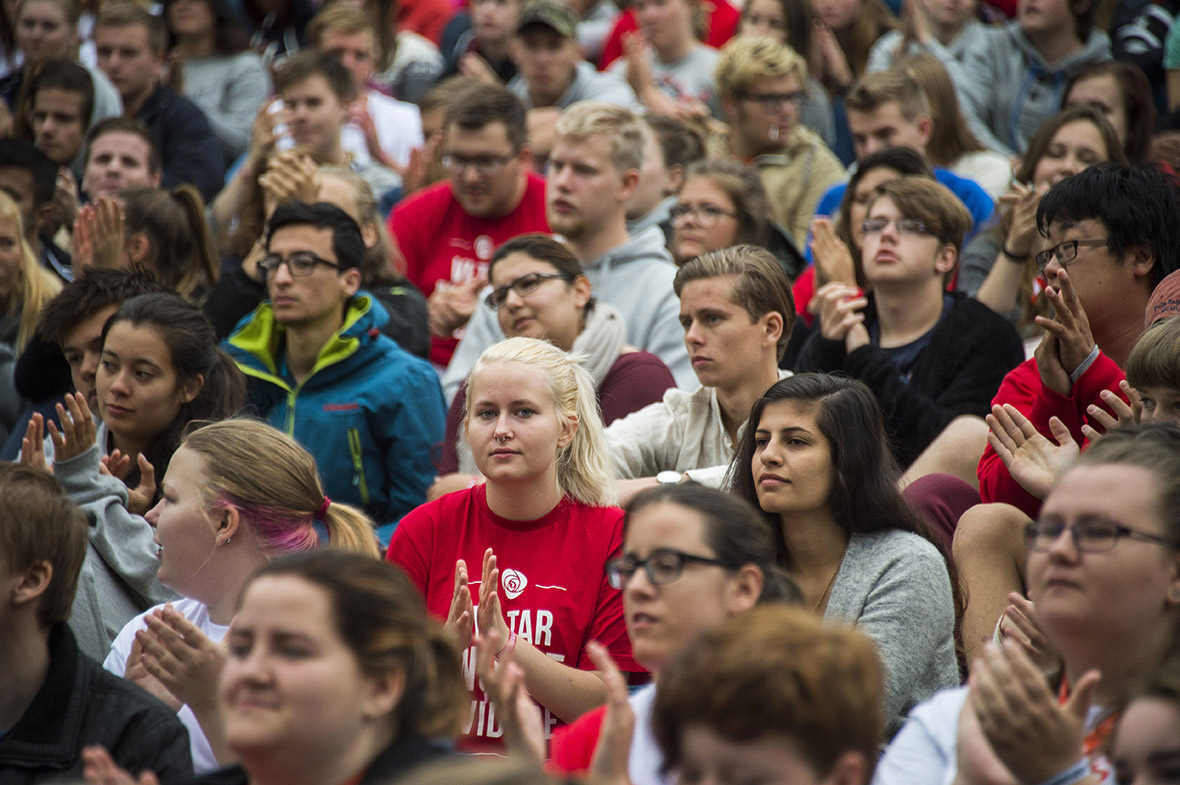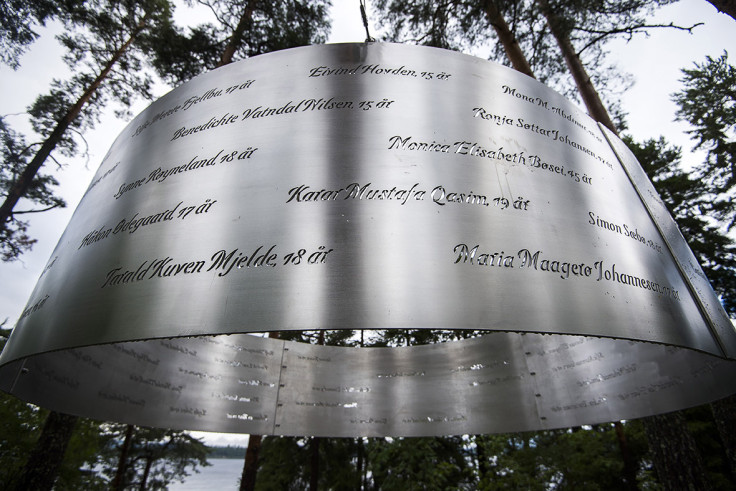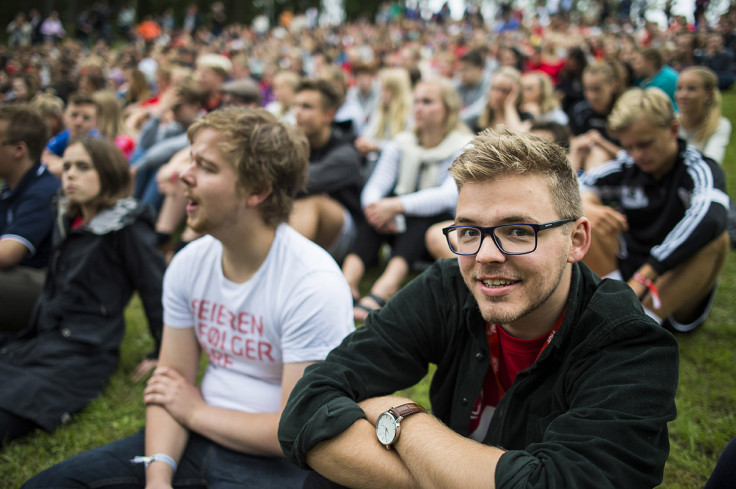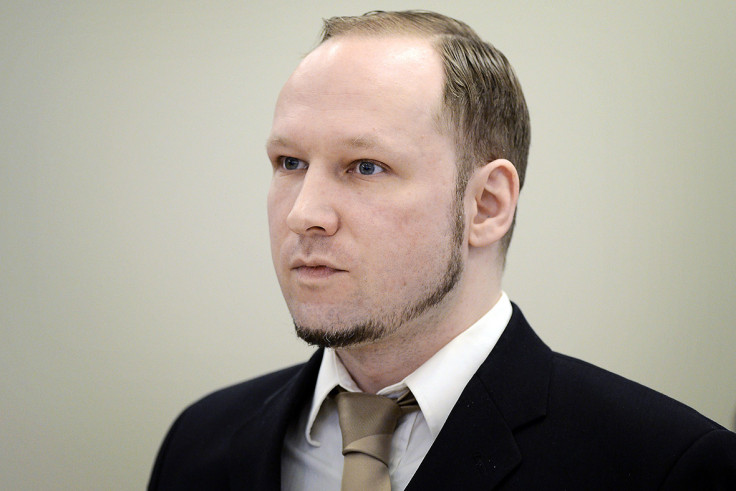Norway: Teenagers return to Utoya for first summer camp since Anders Breivik killed 69 people four years ago
Four years after Anders Behring Breivik shot and killed 69 people – mostly teenagers – on Utoya island in Norway, youths have gathered for the first summer camp to be held there since the massacre. The youngsters – including a handful of survivors – are determined to reclaim the island from the shadow of right-wing extremism.



For the teenagers, the camp is not only about honouring the past. It's a chance to debate politics and carry forward the democratic ideals that Breivik sought to destroy.
On 22 July 2011, Breivik gunned down participants at a camp held by the Labour Party's youth wing (AUF) on the tiny heart-shaped island in the middle of a lake 40km north-west of Oslo. Breivik's shooting spree lasted an hour and 13 minutes, as he methodically stalked and killed so many of the 600 up-and-coming leaders of Labour, Norway's dominant political party, which he blamed for the rise of multiculturalism.
Trapped on the island, the campers had nowhere to go, some of them throwing themselves into the surrounding chilly waters. Just before the shootings, Breivik had killed eight people with a bomb that exploded near the government headquarters in Oslo.



The wooded island has received a facelift ahead of the reopening. New buildings have been built next to the old ones, which have been carefully renovated. Bullet holes can still be seen in the cafeteria, a poignant symbol of the massacre as Breivik killed 13 youths there.
A little further away, a memorial entitled The Clearing has been installed in the woods: a giant steel ring suspended from the evergreens bears the names of 60 of the 69 victims. The youngest name is of a 14-year-old boy; the oldest — Breivik's first target on the island — a 45-year-old security guard. However, in a sign that the wounds are far from healed, nine families did not want their loved ones' names to appear on the ring.

Some in Norway feel it was too early, even disrespectful, to hold a summer camp at the scene of the tragedy, but 22-year-old survivor Ole Martin Juul Slyngstadli was not one of them. "There are of course a lot of emotions linked to the scene but I focus on the positive ones," he told AFP. "For me, it's important to reclaim the island," he said.

AUF head Mani Hussaini told the delegates in his opening speech: "It's good to be back home." In his only direct reference to the carnage of four years ago, Hussaini said: "July 22 will forever be part of Utoya's history... but today it is also going to move into Utoya's past." Nato secretary-general Jens Stoltenberg, who was prime minister at the time of the attack, was attending the camp and tweeted: "It's good to wake up in Utoya and to be surrounded by so many young activists."


While Breivik said his goal was to wipe out the next generation of Labour politicians, his attacks appear to have had the opposite effect. AUF's membership has soared by almost 50% since the massacre.

Breivik is in solitary confinement serving a 21-year prison sentence, which can be extended indefinitely as long as he is considered a danger to society.
© Copyright IBTimes 2025. All rights reserved.






















